The Dark Reality of Communist China's Human Rights Abuses
04 Sep 2024 16:59:35
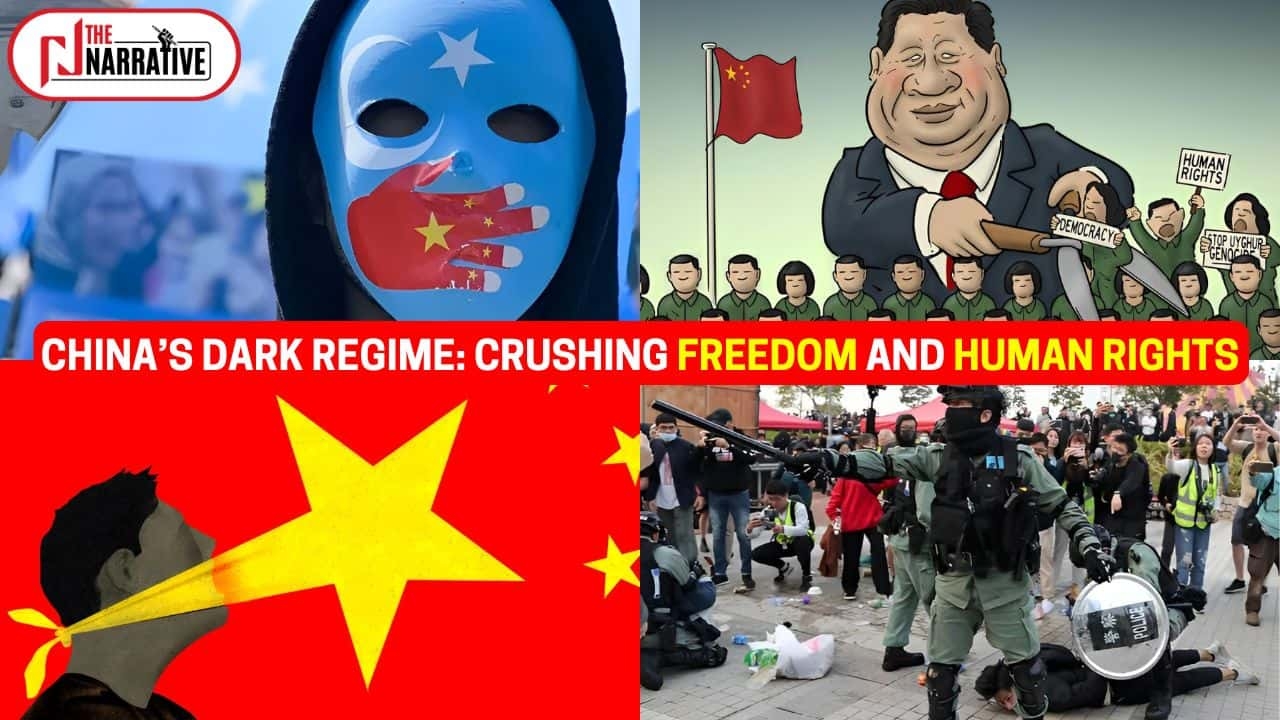
Communist China, under the iron-fisted rule of the Chinese Communist Party, has become a global pariah for outright disdain for human rights. While many atrocities have been committed throughout history by totalitarian regimes, the actions of China in the last few decades take the cake.
From Tibet through Xinjiang's brutal repression to the fact that people are controlled by the government at every turn, China time after time has demonstrated that it is going to stop at nothing to retain control, even at the cost of basic human rights and freedoms.
Tibet: A Land Under Siege
One glaring example of human rights abuse by China is that perpetrated against Tibet. It was an independent region with its distinct culture, religion, and government until 1950.
In the same year, Chinese troops invaded that country and forcibly annexed it. The people of Tibet rebelled under their spiritual head, the Dalai Lama, but their efforts were brutally crushed by the Chinese army.
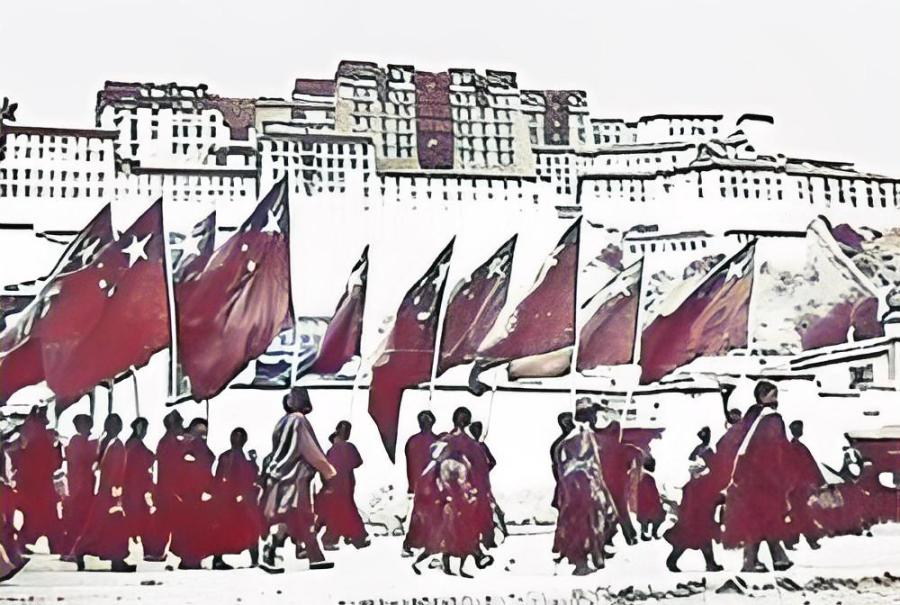
Since then, the Government of China has systematically tried to eradicate the culture and identity of Tibet. The Chinese government has imposed strict controls over the religious practices of the people, destroying a number of monasteries right down to thousands, and putting an equivalent number of Tibetans in prison for displaying their culture and religion.
The Dalai Lama, ever the truest of emblems of peace and compassion, was villainized by this government, and in Tibet, a mention of his name brings about imprisonment.
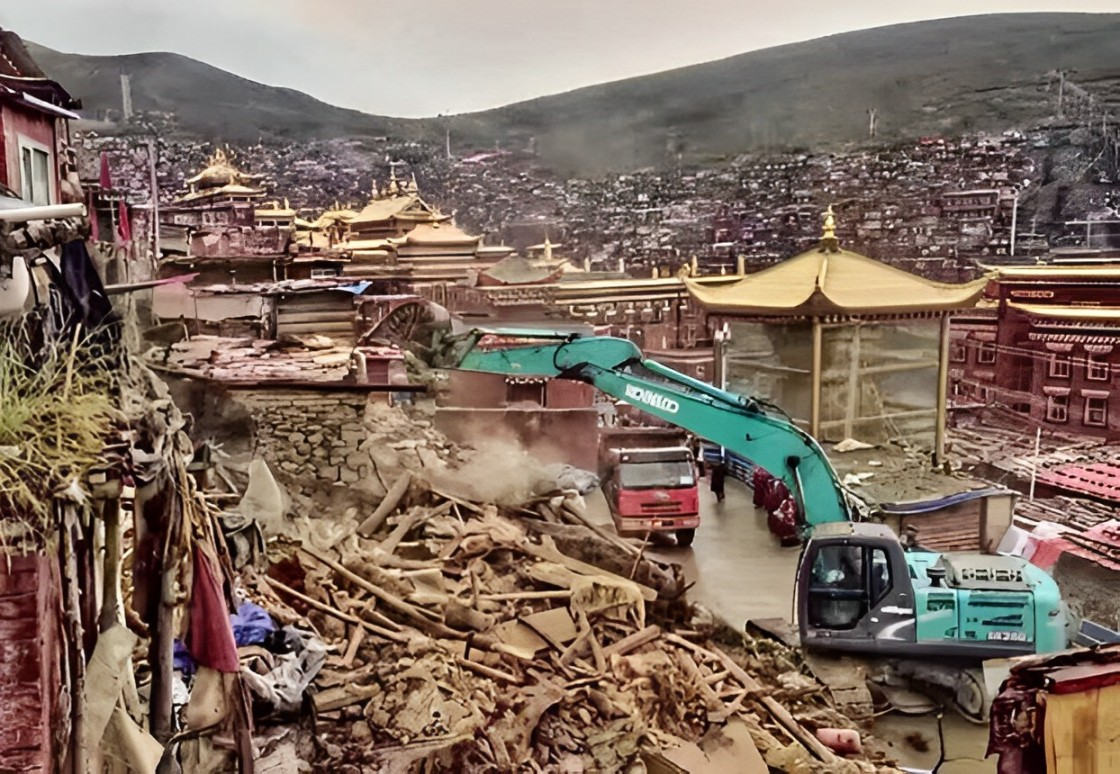
In addition, the Chinese government has pursued a demographic engineering policy in Tibet, encouraging large numbers of Han Chinese to migrate into the region and dilute the Tibetan population, further marginalising the indigenous people of the region.
The consequences here are easy to see: it erodes the Tibetan language, customs, and way of life as the Chinese government seeks to assimilate Tibet into its broader vision of a homogenous Han-dominated China.
Xinjiang: A Modern-Day Gulag
The situation involving the Uyghur Muslim minority in Xinjiang is probably even more alarming. Similar to Tibet, Xinjiang was not part of China and thus enjoys a distinctive cultural and religious identity.
The Uyghurs are ethnically Turkics, being a largely Muslim population that has faced discrimination and repression at the hands of the Chinese government for a long period of time.
This repression has, however, gone up the ladder to an unprecedented level in recent years as the Chinese government initiated an internment camp network across the region.
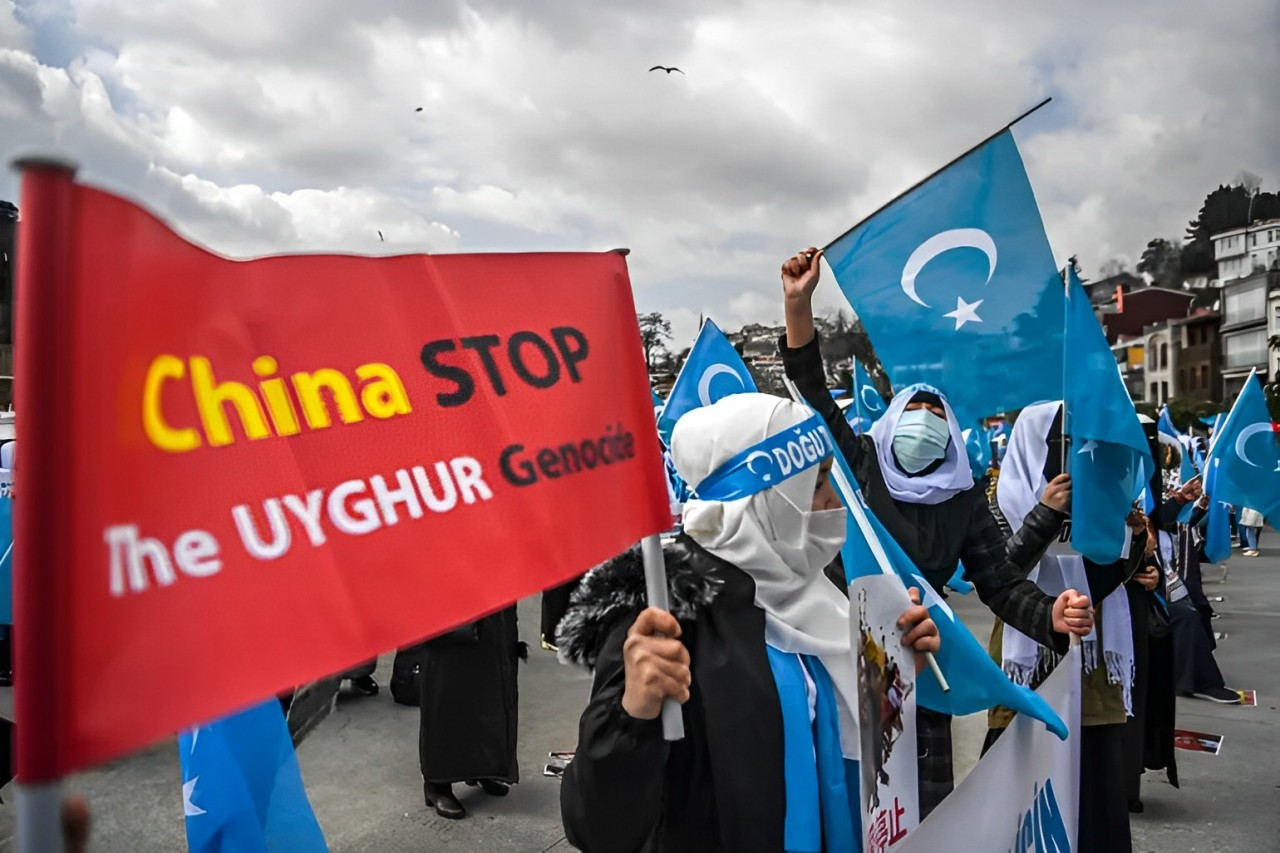
These camps are estimated to detain more than a million Uyghurs and other Muslim minorities, who are forced to give low-cost labour, are indoctrinated, and tortured. The Chinese government euphemistically refers to these camps as "re-education centres," although the reality is decidedly more sinister.
Former detainees said they were forced to renounce their faith, learn Mandarin Chinese, and pledge loyalty to the CCP. Those who resist face severe punishment, including physical and psychological abuse.
The internment camps are also not the limit of the Chinese government's campaign in Xinjiang. The authorities have taken large-scale measures to install a panopticon-like state in the region, where every movement of the Uyghur population is kept under control by cameras, face recognition, and police checks.
Other campaigns of forced sterilisations to reduce birth rates among the Uyghurs and their assimilation into the culture of the Han Chinese are also being pursued incessantly.
Hong Kong: The End of "One Country, Two Systems"
But China's disdain for human rights isn't limited to ethnic and religious minorities. In Hong Kong, Beijing systematically dismantled the "one country, two systems" framework that promised the region autonomy and liberties until at least 2047.
Following record-breaking pro-democracy protests in 2019, the Chinese government forced upon Hong Kong a national security law reinforced with strongly draconian measures-a move many regarded as the end of the city's autonomy.
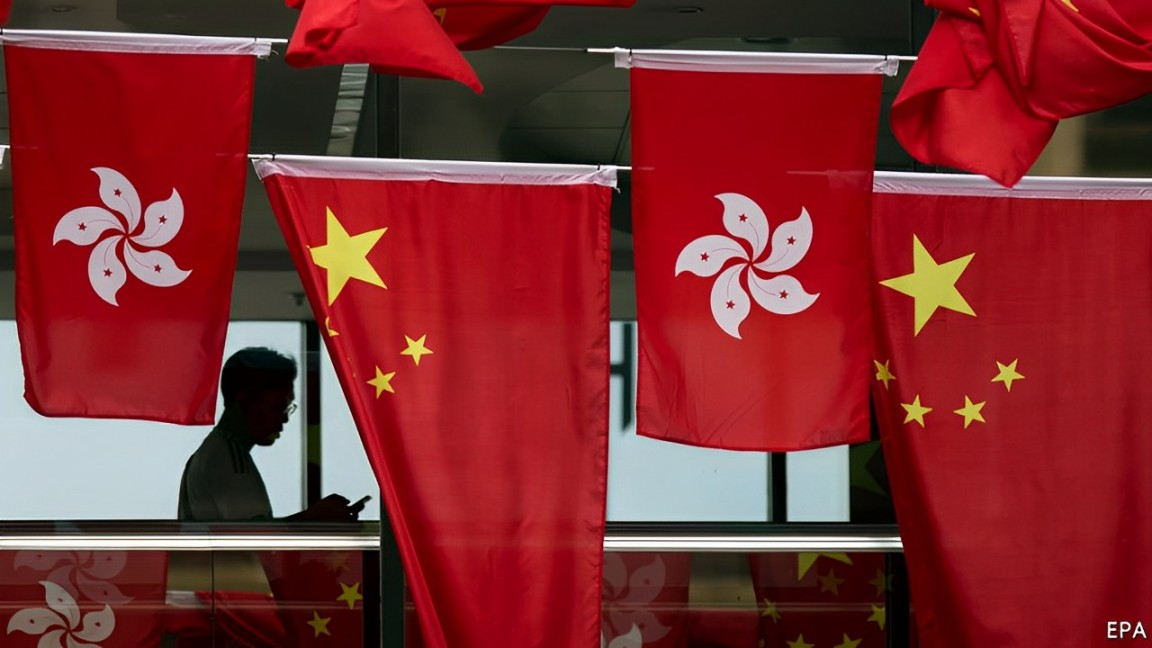
Under this law, any act considered "subversion," "secession," or "collusion with foreign forces" faces life imprisonment. The law has largely been used to muzzle the voices of citizens against the state; it has seen pro-democracy activists, journalists, and politicians detained and maybe jailed on very vague charges.
What once was vibrant press freedom in Hong Kong has, until today, been seriously curtailed; government pressure has forced independent media to shut down.
The Chinese government's move in Hong Kong has elicited international condemnation, but Beijing does not appear to blink. The Hong Kong crackdown marked yet another example of how the Chinese government considers its own survival above and beyond the rights and freedoms of its people.
China's Global Ambitions: Exporting Repression
Human rights abuses do not stop at China's borders. The Chinese government has increasingly sought to export its authoritarian model to other parts of the world.
Under packages such as the Belt and Road Initiative, China has sought to expand its influence over developing countries by packaging infrastructure investments in exchange for political and economic concessions.
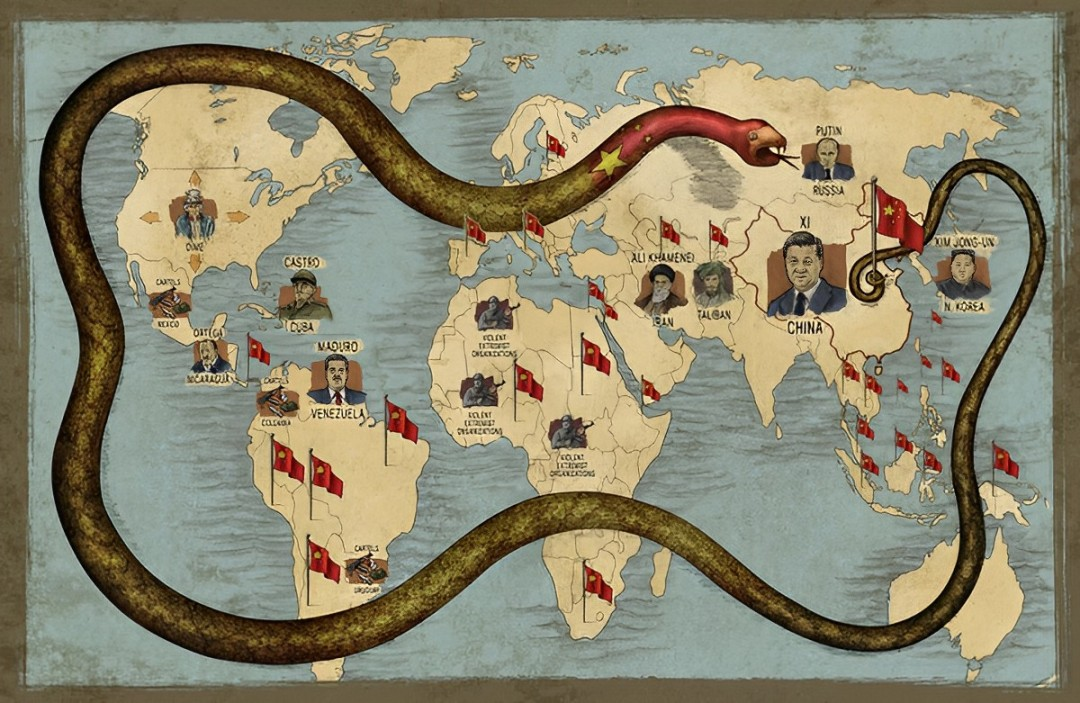
These countries often find themselves falling into a debt-and-dependency cycle with China, whereby Beijing has varying degrees of leverage to suppress dissent and advance its interests.
The country has also been accused of exporting its surveillance technology to authoritarian regimes worldwide, who can then quell dissent through it and retain power.
The Chinese government presents itself as a leader in developing facial recognition and other surveillance technologies that are used almost everywhere in monitoring its own population.
It now sells these technologies to other repressive regimes, thereby helping to create a world where privacy and freedom are more at risk.
Conclusion: Standing Up to China's Repression
The abuses of human rights continue to deface the conscience of humanity. As events unfold and the Chinese government's unabated grip on power, there is little that would suggest things could get better in the absence of concerted international pressure.
The world should stand in opposition to the repression by China, both inside and beyond its borders. That means calling Beijing to account, standing in solidarity with those fighting for their rights inside China, and confronting the government of China's reckless attempts to export its authoritarian model with resolve.
The global community cannot afford to ignore the sufferings of the Tibetan, Uyghur, and Hong Kong people, or turn a blind eye toward the attempt by China to undermine freedom and democracy around the world.
It is only when we confront the brazen human rights abuses by China that we can aspire to a world in which all people may live with dignity, without fear of repression and persecution.